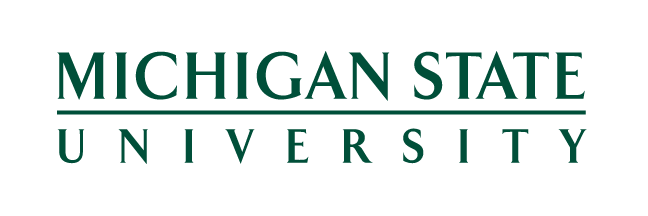Tara Kilbride
EPIC, Michigan State University
Bryant Hopkins
EPIC, Michigan State University
Katharine O. Strunk
Director EPIC, Michigan State University
Dongming Yu
EPIC, Michigan State University
A RESEARCH REPORT FROM EPIC
Michigan’s Fall 2021 Benchmark Assessments
Prepared for the EoG and the senate and house standing committees responsible for education legislation in Michigan
April 2022
This report is part of a series aimed at understanding student learning and progress toward educational goals during the COVID-19 pandemic. MDE, CEPI, and MDH have worked with two university research partners—EPIC at Michigan State University and MEDC at the University of Michigan—for more than a year to compile the 2020-21 and 2021-22 benchmark assessment data districts provided under the “Return to Learn” legislation.
This third report extends our assessment of student progress toward learning goals during and beyond the 2020-21 school year. Specifically, in this analysis we examine performance on benchmark assessments between the fall 2020 and fall 2021 semesters and assess differences in performance across student subgroups (i.e., race/ethnicity, economically disadvantaged, and disability status) and districts using various instructional modalities during the 2020-21 school year (i.e., fully in-person, hybrid, or fully remote during each test administration period)
KEY FINDINGS INCLUDE:
- At-home testing conditions in fall 2020 make it difficult to assess younger students’ performance.
- In fall 2020, Michigan students were scoring close to pre-pandemic norms.
- By fall 2021, Michigan students tended to score below pre-pandemic grade-level norms.
- Three-quarters of Michigan students demonstrated growth from fall 2020 to fall 2021, but only about 40% reached their growth targets for the year.
- Longstanding racial and socioeconomic achievement gaps persisted into the 2021-22 school year but did not appear to grow over the course of the pandemic.
- Gaps between districts that were fully remote in 2020-21 and those that offered in-person instruction grew during the 2020-21 school year and improved slightly over the summer of 2021.
- Students with access to some in-person instruction in 2020-21 were less affected than those whose districts offered only fully remote instruction.



